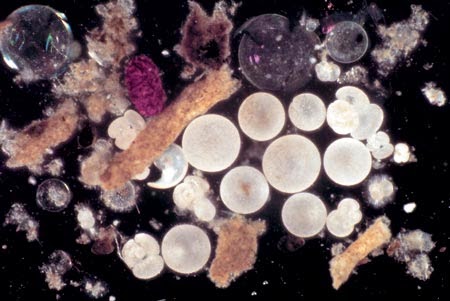Postgraduate Seminar Series - Spring 2015
28 May 2015 - 1pm - Zoology Museum (Wallace 129)
28 May 2015 - 1pm - Zoology Museum (Wallace 129)
Postgraduate
Seminar Series
Thursday 28th May
Wallace Museum 1pm
“Environmental DNA as a Tool
for Detecting and Monitoring Aquatic Invasive Species”
Chloe Robinson
Chloe is a 1st year PhD student in the department of Biosciences. She recently obtained distinction in her masters degree (MSc Environmental Biology) at Swansea and also achieved her BSc in Zoology here at Swansea.
Abstract:
Introduction
of non-native species into aquatic habitats causes an array of negative impacts
on the local environment and poses a paramount risk to biodiversity. Early
detection of aquatic invasive species (AIS) is vital and necessary to prevent
subsequent invasions in surrounding ecosystems. Current techniques to detect
and monitor AIS are lacking and have proven to be unreliable at providing
accurate detection and estimates of AIS within aquatic ecosystems.
Environmental DNA (eDNA) is an effective and robust tool for detecting a range of AIS in various aquatic systems.




